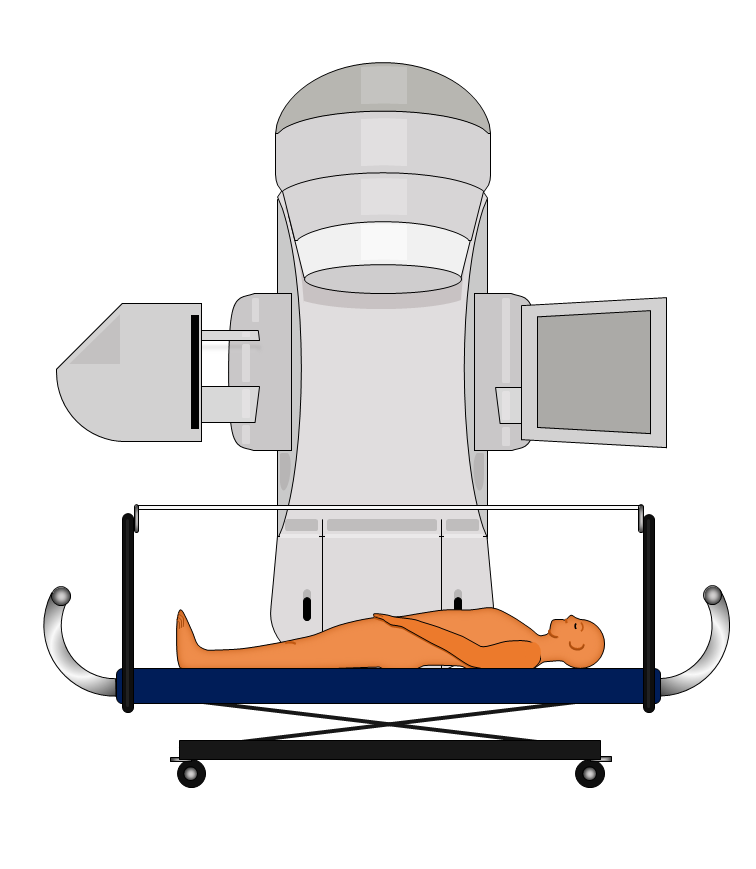
Somshukla Chaudhuri.
Somshukla Chaudhuri
Feb. 21, 2023

Understanding scientific processes and discoveries is not the same as being able to explain and talk about them with non-scientists.
“I discovered just how hard it is to write a science article for the general public. I’ve gained an appreciation for people writing for Scientific American,” says Rebecca Frederick, a PhD candidate and recent recipient of the Science Communication Certificate at the Cumming School of Medicine (CSM). “I’ve already applied skills I acquired to improve the graphics and charts in two publications in process. My supervisor is really happy with the result.”
Frederick is one of two people who have completed four badges to earn the certificate. Dr. Somshukla Chaudhuri, BHSc'14, PhD'21, also has a new skill set to add to her resume.

Somshukla Chaudhuri.
Somshukla Chaudhuri
“Being able to communicate your science in an engaging way is a valuable skill to have and a good investment in your career,” says Chaudhuri, a master’s student. “I plan to leave academia for industry and being able to explain science in an interesting way to stakeholders is critical.”
Chaudhuri saw the value of good communication first-hand as a team member in an iGEM (International Genetically Engineered Machine) competition. The project involved tailings ponds. To have a productive conversation with government, the scientists needed to be confident and able to explain complex processes in simple terms.
The Science Communication Certificate program is the brainchild of Dr. Jeff Dunn, PhD, a professor and researcher at the CSM. Dunn wanted a communication program tailored to the specific needs of graduate students and researchers.
“I’ve always had an interest in science communication,” says Dunn. “The idea of a certificate program grew from the successes we saw, and feedback we heard, from grad students who participated in Act Your Science, an improvisation course I developed with the artistic director of the Loose Moose Theatre Company.”
Act Your Science has evolved into Verbal Science Communication, one of the five courses offered in the certificate program.
“I had never taken a formal improvisation class and didn’t realize how many useful skills you can develop in an acting class,” says Frederick. “It was very interesting to learn about status and how status can affect your posture, stance and confidence. I’m conscience of that now. It’s helped me a lot.”
Chaudhuri also benefited from the opportunity to think on your feet in various scenarios while having fun.
“The experience gained in class translates directly to any presentation you have to do,” says Chaudhuri. “I’m a better public speaker and am aware of the eye contact I’m making with an audience and my body language.”
The certificate is within UCalgary’s badge program, a novel education option that allows for students to obtain a micro-credential that is reported on their transcript.
“Translating scientific discovery is critical,” says Dr. Beverly Adams, vice-dean at the CSM. “These innovative micro-credentials offer a unique opportunity for our students to hone these skills.”
The science communication certificate is composed of 12-hour badges that allow students to chose topics that are most interesting to them. Over 150 students (Fall 2023) have completed at least one badge.

Students participate in Act Your Science class in fall 2017.
Riley Brandt, University of Calgary
Dunn’s initiative was put into action by graduate students Carly Pontifex, BSc ’16, and Brooke Belanger, BSc ’17. Together, they developed curricula, designed the badges and certificate, and applied for funding. As Pontifex and Belanger approach the end of their graduate careers, they have passed the torch onto Tyler Soule, Stephanie Di Vito, and Dorsa Moezzi, BSc ’20.
The certificate program was developed with grants from the Graduate Student Association, the Faculty of Graduate Studies, the Social Sciences and Humanities Research Council and the National Science and Research Council Promoscience program.
Keep an eye out for the Basics and Verbal badges being offered in Fall 2023.

Graphic image Frederick created to demonstrate an imaging procedure.

Frederick created this image after taking Visual Science Communication.
Jeff Dunn is a professor in the departments of Radiology, Physiology & Pharmacology and Clinical Neurosciences at the Cumming School of Medicine (CSM) and is a member of the Alberta Children’s Hospital Research Institute, and Hotchkiss Brain Institute at the CSM.